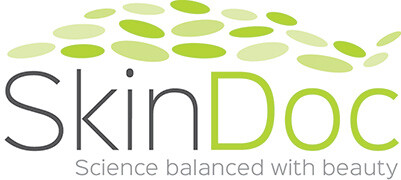
ACNE MYTHS AND FACTS
Acne is no doubt a common and troublesome condition that most of us experiences often when young and sometimes when not so young!
Look for the words ‘benzoyl peroxide’, retinoids such as ‘tretinoin’, ‘adapalene’ or ‘tazarotene’ or ‘azelaic acid’. Some will require a prescription from your local doctor but benzoyl peroxide can be bought from the chemist without a prescription.
What does not work in acne?
Breaking open vitamin E capsules and massaging into acne or acne scars do not help.
Squeezing the pimples should be avoided as this can lead to infection, pigmentation and scarring.
Does diet play a role in aggravating acne?
Dermatologists generally recommend a low glycaemic diet (low GI diet with foods that have a low glycaemic index). This is a healthy diet that consists of the food pyramid with a wide variety of vegetables and some fruit at the base of the pyramid.
Dairy product can aggravate acne in about 10% of people. If you have found dairy products makes your acne worst we suggest you avoid dairy foods whilst your acne is troublesome.
Can I wear makeup if I have acne?
Yes in fact if it makes you feel better and improve your self-confidence dermatologists will encourage you to continue providing they are water-based products rather than oil-based. Most products these days are water-based.
Can stress make my acne worst?
There is no doubt stress can aggravate acne in many people.
What should I do if I have acne?
If your acne does not improve with simple measures such as using a gentle soap-free cleanser and over the counter preparations such as benzoyl peroxide you should see your local doctor. Your GP can prescribe topical treatments and if necessary prescribe oral treatment such as antibiotics or the oral contraceptive pill in females.
What if my acne does not improve?
If you have complying with your doctor’s advice for at about 3-4 months and your acne is not improving I suggest a referral to a dermatologist.
What treatments can a dermatologist offer for my acne?
A dermatologist will initially assess the severity of your acne, what treatments have been tried and the degree of response.
Treatments that may be considered include other topical agents, other oral treatments (Aldactone, Oratane) and other therapies such as photodynamic therapy using ALA as the photosensitizer and IPL as the light source.
Chemical peels such as salicylic acid peels are often useful for skin where the acne is predominantly made up of comedones (blackheads and whiteheads).
For more severe acne isotretinoin (Oratane/Roaccutane) is the traditional standard therapy. A single course of treatment takes about 9 months to complete.
A new innovative treatment for both inflammatory and potentially scarring acne is Kleresca. This involves applying a photoconverter gel to the skin which is then illuminated with LED (light emitting diode) lamp specific for Kleresca treatment. After 9 minutes the gel is removed from your skin. There are two treatments done in the clinic on the one day each week for 6 weeks.
To find out more, please contact our clinic on 9602 5785 for a consultation with our very experienced nurse, Ezgi. She can help you decide what is best for your skin. No referral is required to attend our nurse-led acne clinic but an appointment is necessary.
